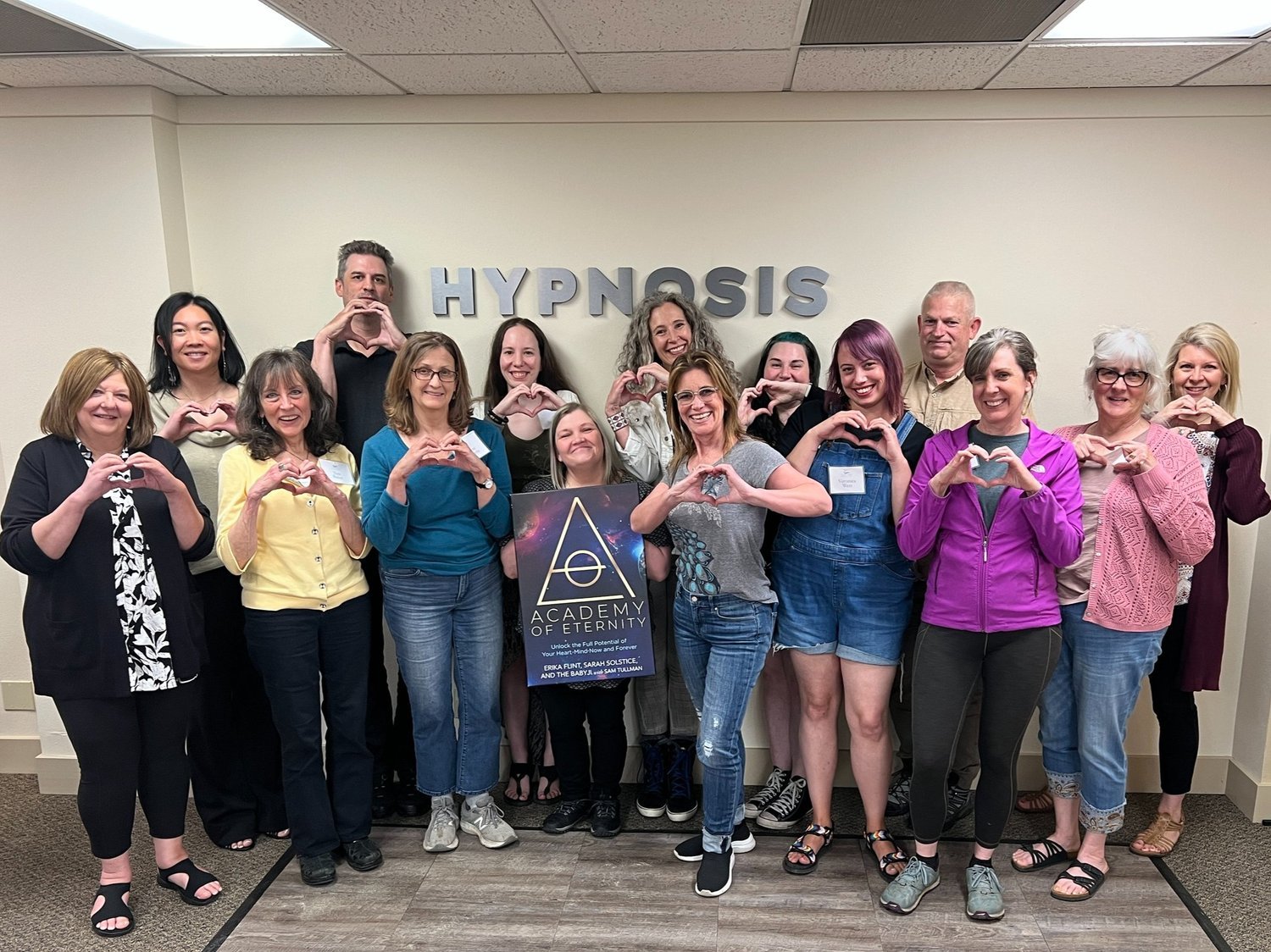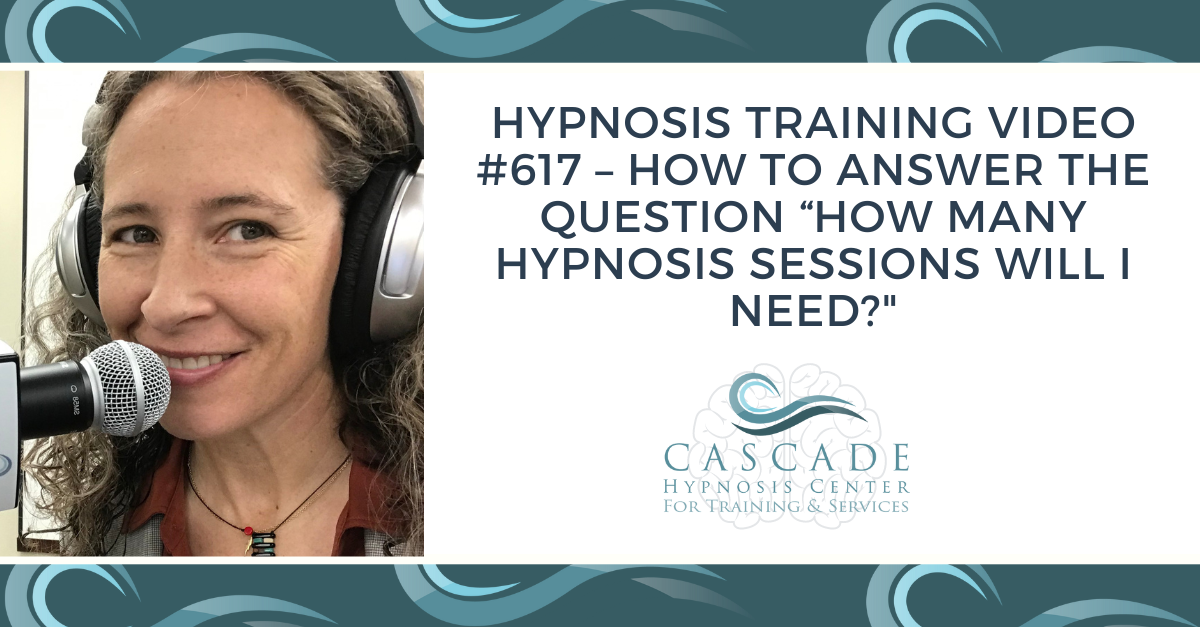Quick Guide to Increasing Your AdWords Quality Score To Bring in New Hypnosis Clients
I just returned from a great trip to the annual NGH Convention, where I gave a one hour talk on Google Adwords. An hour isn't enough time to go into detail about the importance of Quality Score, so that's the purpose of today's article. As promised, I'm going to keep things short and to the point. There are 5 things you should understand when it comes to improving your Quality Score, but let's start with the basics.
What is AdWords Quality Score?
It's an estimate of the quality of your ads, keywords, and landing page. A landing page is the web page you identify in your ad that searchers should be taken to when they click on your ad. The higher your quality score is, the less you'll likely pay per click.
Google cares about relevance
I've said this many times before, but the most important thing to remember when it comes AdWords is relevance. Your ads, keywords, and landing page should be relevant. If your keywords and ad are relevant, a searcher is likely to click on your ad, and if your landing page is relevant they're likely to become a new client, or sign up for your class, or buy one of your products.
How do I find my Quality Score?
Your quality score is a column in the data under the Keywords tab of your AdWords account. If you don't see it listed as a column yet, then select the Columns button, and add it under the "Attributes" sub-heading.
Here are the top components of a high quality score :
#1 High click-through rates (CTR)
A high CTR is an indication that you'll have a high quality score. A high CTR indicates to Google that searchers are finding your ad and keywords relevant - and they're clicking on your ad. A decent rate is 2%, but a high click through rate average can bring up quality scores for all keywords.This is why it is so important to ensure that you are regularly monitoring and editing your keywords and ad text, to ensure you're getting rid of low-quality keywords and adding new higher quality (long-tail) keywords regularly.
#2 Use of long-tail keywords.
Long-tail keywords are phrases of 3 words or longer, and are more specific so they can be highly relevant to the searcher. One way to find long-tail keywords is by reviewing your accounts Search Terms Report, and add the terms as exact, or phrase match keywords. You should do this weekly.
Here's an example of a few long-tail keywords that can work well for a hypnosis practice :
- "stop smoking hypnosis in [your city name]"
- "weight loss hypnosis in [your city name]"
#3 Improving Ad Text
You should always have at least 3 ads for every ad group, and review them weekly. Remove the worst performing ads, and keep modifying to find the best ad copy. This isn't easy for a small business, especially one that may not have enough high traffic to do a reasonable amount of what's called a/b testing (testing one ad against another one), but it's still a best practice to check in weekly and modify.
#4 Spending time on your account
You should be checking in and spending at least 20-30 minutes weekly on your account. It doesn't take much, but a little time each week reviewing and removing expensive keywords, finding new long-tail-keywords from the Search Terms Report, adding negative keywords, and updating ad copy will really help you every week.
#5 Following Best Practice
There are many, but a few of my favorite best practices include :
- Targeting : network, geo, and language. Make sure you're campaign is setup to target the correct audience. Most of these elements are part of your campaigns settings.
- Use AdWords Extension. Always. It increases CTR.
- Use a Negative Keyword list
- Use a Modified Broach Match type, instead of just Broad Match. Using a Modified Broach Match (indicated with a + sign in front of words) is more restrictive than a Broad match time, but still inclusive enough to help you build a good keyword list, with the help of the Search Terms Report and spending time on your account weekly adding long-tail keywords.
- Ensure you're running multiple text ads.

Erika Flint presenting at the 2014 NGH Convention
Thank you to everyone that attended my presentation at the 2014 NGH Convention, it was an honor to talk about AdWords and I'm already looking forward to next year.
Soon I'll be filling in this best practices list with new blog articles on negative keywords, and keyword match types. If you have a topic you'd like me to cover let me know by sending an email to erika@erikaflint.com.
Thanks and I'd love to hear your feedback.



